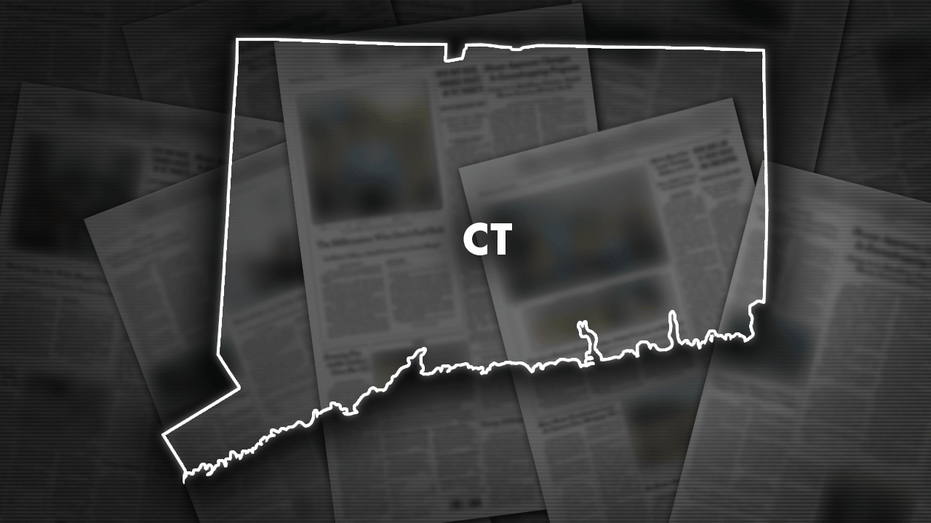Connecticut lawmakers were expected Monday to pass a two-year, $51.1 billion state budget that includes a historic cut to the state’s personal income tax, possibly on a bipartisan vote.
The Democratic-controlled House of Representatives was on track to vote sometime in the evening. The Senate, also controlled by Democrats, will have to pass the bill before the General Assembly adjourns at midnight on Wednesday.
First proposed by Democratic Gov. Ned Lamont, the planned tax reduction is predicted to benefit approximately 1.1 million of the state’s 1.7 million tax filers by permanently lowering marginal rates for the first time since 1996. It’s being billed as the largest reduction since the tax was first implemented in 1991.
CONNECTICUT SENATE PASSES BILL ALLOWING VOTERS TO CAST THEIR BALLOTS EARLY, IN PERSON
“Today, Connecticut’s fiscal health is stronger than it’s been in decades,” Lamont said when he first called for cutting the rates. “Considering the state’s strong financial position, it is time to provide tax relief for Connecticut’s residents.”
Republican House Minority Leader Vincent Candelora welcomed the tax cut, even though the GOP had wanted more tax relief, including for the business community.
“Of course we’re going to say it never goes far enough because Connecticut is a very unaffordable state,” he said. “But it makes an effort. It’s recognizing the middle class needs relief.”
The two-year tax-and-spending package also boosts state aid for local school districts; funds the “baby bonds” program that sets aside up to $3,200 for low-income infants; increases rates for ambulance services; expands an anti-gun violence program to two more cities; increases pay for inmates; and includes additional funding for nonprofit social service agencies and state colleges and universities, even though advocates contend it’s not enough considering the state’s resources.
“Look, do I wish we could have spent a couple $100 million more? Yes, I do. I think that’s where our caucus was. We thought there were ways to do it. … But it didn’t happen,” said Democratic House Speaker Matthew Ritter, who contends he’s still happy with the package. There was a disagreement between legislative Democrats and Lamont over whether to spend approximately $200 million above and beyond the state’s cap on spending.
Last week, state Comptroller Sean Scanlon projected the current fiscal year, which ends June 30, will end with a $1.6 billion budget surplus, an increase of $16.1 million from May.
“A 2.5 percent increase is insufficient and the state has the ability to do more for hundreds of community nonprofits and the 500,000 people they serve,” said Gian-Carl Casa, president and CEO of CT Community Nonprofit Alliance, which represents agencies that provide services ranging from mental health and substance abuse treatment to homeless shelters and prison reentry programs. He said the budget will make it more difficult to hire workers, force programs to close and create longer waiting lists for services.
CONNECTICUT TO COMPLETELY BAN MARRIAGE LICENSES FOR MINORS
There’s also disappointment over how much is set aside for the state’s new early voting program, which is expected to affect general elections, primaries and special elections held on or after Jan. 1, 2024. Democratic Secretary of the State Stephanie Thomas said the budget plan “shortchanges” voters and funds “roughly half of the bare minimum that municipalities need” to successfully implement the program. She vowed to continue to seek additional funding next fiscal year.
Candelora predicted a lot of Monday’s debate will focus on non-budgetary language included the budget bill. He gave the example of a provision concerning federally qualified health centers that he said might violate federal law.
“It sounds technical, but the reality is that there’s a push to pass a law that’s against federal law, and that’s dangerous,” he said.
The new budget, if signed ultimately into law by Lamont, will take effect on July 1.
























